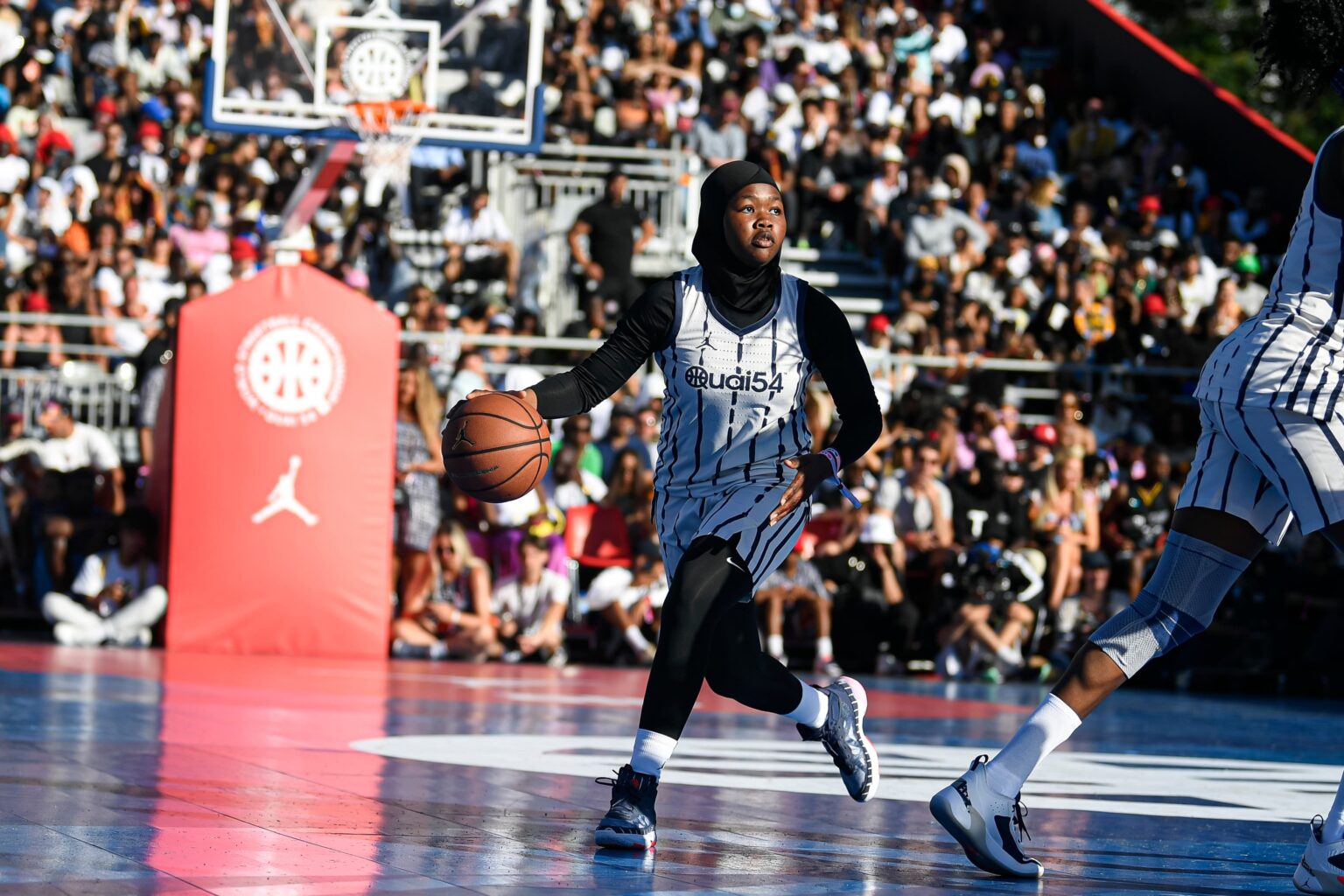The recent approval by France’s Senate of a law banning the use of “ostensible religious symbols,” such as Islamic headscarves, in all sporting events has triggered an intense national and international debate. The proposed legislation, if enacted, would apply to all athletes participating in competitions and has been widely interpreted as targeting Muslim women who wear the hijab.
Supporters of the law argue that it is a necessary measure to uphold France’s strict interpretation of secularism, or laïcité. They believe that banning religious symbols in public arenas such as sports ensures the neutrality of these spaces. Senator Dominique de Legge, a leading proponent, stated, “Sport should bring people together, not divide them by their differences.” According to proponents, allowing visible religious attire could open the door to religious influence, potentially undermining the impartiality and unity that sports are meant to foster.
However, this rationale has been sharply criticized by human rights groups and advocates for religious freedom. Amnesty International has condemned the move, calling it “a clear violation of the fundamental rights of Muslim women and girls.” The organization’s France director, Jean-Claude Samouiller, said, “This law would exclude Muslim women from sports and public life, which is discriminatory and deeply unjust.” Critics argue that the ban does not promote equality, but rather marginalizes and stigmatizes a specific minority group.
The Ban’s Personal Impact on Muslim Women Athletes
For many athletes, the issue is more than a policy debate; it is a matter that affects their personal and professional lives. Salimata Sylla, a basketball player and team captain from Paris, found herself barred from games due to her headscarf, despite the fact that international sports organizations like FIFA and the IOC allow hijabs that comply with safety regulations.
Sprinter Sounkamba Sylla, originally chosen as a torchbearer for the upcoming Paris Olympics, faced similar challenges. She was told she could not participate in the opening ceremony if she wore her hijab. After public outcry and negotiations, she was allowed to wear a cap instead, but expressed disappointment that she could not fully express her faith. “My hijab is not an obstacle, it is a part of who I am,” she said in a statement. Many athletes have echoed her sentiment, feeling forced to choose between their passion for sport and their religious beliefs.
National Identity and France’s Tradition of Secularism
France’s secular model has its roots in the 1905 law separating church and state, a principle seen as essential to maintaining public order and neutrality. Over the years, this interpretation of secularism has led to a series of controversial policies, including the 2004 ban on religious symbols in schools and the 2010 ban on full-face veils in public.
Supporters of the headscarf ban argue that it is consistent with these earlier measures, and necessary to prevent the perceived encroachment of religious expression in the public sphere. “If we do not draw the line now, we risk the unity of our society,” said Senator Bruno Retailleau.
Conversely, many opponents claim that France’s strict secularism has gone too far and now infringes upon the rights of minority groups. They argue that a truly secular society should guarantee freedom of religion as well as freedom from religion. “Secularism should protect, not oppress,” said Sarah El Haïry, a French parliamentarian who has spoken out against the bill.
International Criticism and What’s Next
France is now the only European country with such a broad ban on religious headwear in sports. The move has attracted widespread criticism from international human rights organizations, advocacy groups, and even United Nations experts. “France’s actions are out of step with international norms and risk encouraging further discrimination,” said a spokesperson for the UN Human Rights Council.
The European Court of Human Rights is reviewing complaints from affected athletes and advocacy organizations. The law’s fate now rests with the lower house of the French Parliament, where the debate is expected to be fierce and highly publicized. The outcome could set a precedent for how democracies around the world reconcile secularism with individual rights.
As the 2024 Paris Olympics approach, the world will be watching France to see whether it chooses to stand by its controversial policy or move toward a more inclusive approach to sport.


